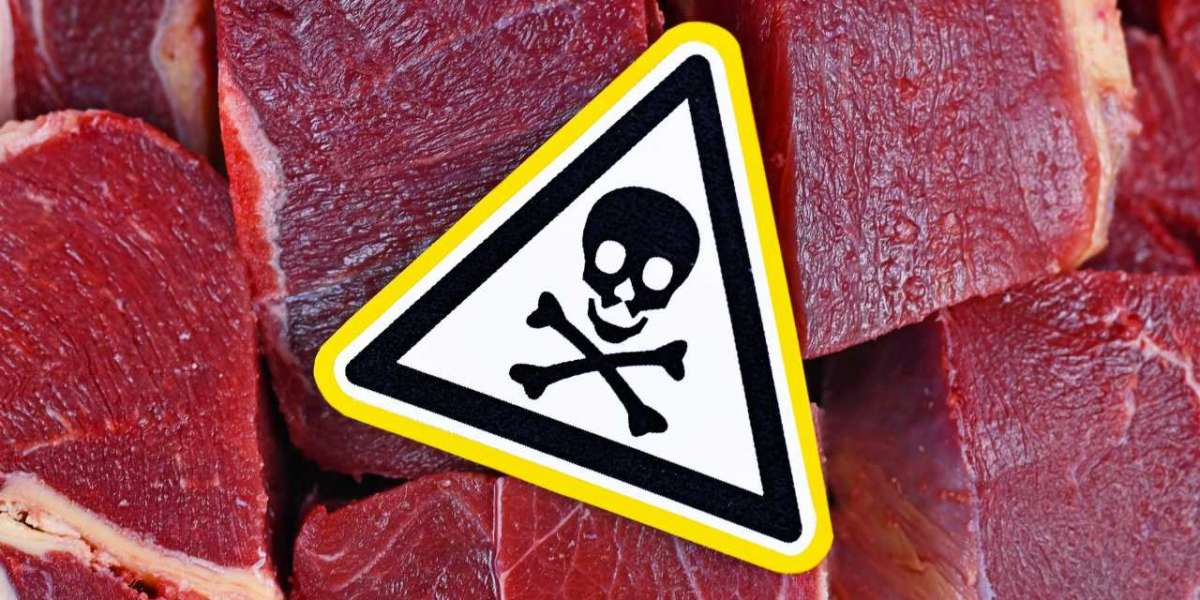In the prevailing landscape of dietary choices, a critical examination of meat consumption health risks is imperative to fostering informed decisions about our nutrition and well-being. While meat has long been a staple in many diets, a growing body of scientific evidence suggests that excessive or frequent consumption may be linked to a range of health risks.
One prominent health concern associated with meat consumption is an increased risk of chronic diseases. Studies indicate that a diet high in red and processed meats may contribute to conditions such as heart disease, diabetes, and certain types of cancers. The saturated fats and cholesterol found in meat products can elevate blood cholesterol levels, potentially leading to cardiovascular issues. Moreover, the compounds formed during the cooking process of meat, such as heterocyclic amines and polycyclic aromatic hydrocarbons, have been associated with an elevated risk of cancer.
Beyond the risk of chronic diseases, meat consumption is also linked to other health issues. High intake of processed meats, which often contain additives, preservatives, and excessive sodium, has been linked to increased blood pressure and a higher risk of hypertension. Additionally, concerns about antibiotic use in animal agriculture and its potential contribution to antibiotic resistance pose further health risks associated with consuming conventionally produced meat products.
Environmental contaminants found in some meat products, such as heavy metals, pesticides, and environmental pollutants, present another layer of concern. Accumulation of these substances in the animal's tissues can potentially be transferred to humans through meat consumption, raising questions about the long-term health effects of exposure to these contaminants.
In conclusion, the exploration of health risks associated with meat consumption sheds light on the need for a balanced and informed approach to dietary choices. While meat can provide essential nutrients, it is crucial to consider the potential health implications of excessive or unvaried consumption. An awareness of these risks empowers individuals to make conscious choices about their diets, promoting not only personal well-being but also contributing to a broader conversation about sustainable and health-conscious dietary practices.



